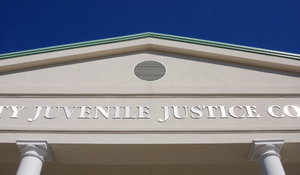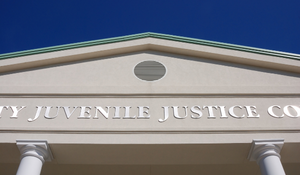In the United States, the juvenile justice system plays a vital role in rehabilitating young offenders and ensuring public safety. Central to the effective functioning of this system is the implementation of robust juvenile justice case management practices.
In recent years, the adoption of juvenile justice case management software has become increasingly prevalent, revolutionizing the way juvenile justice professionals handle cases. In this article, we will explore the significance of juvenile justice case management and the benefits of utilizing specialized software in this field.











